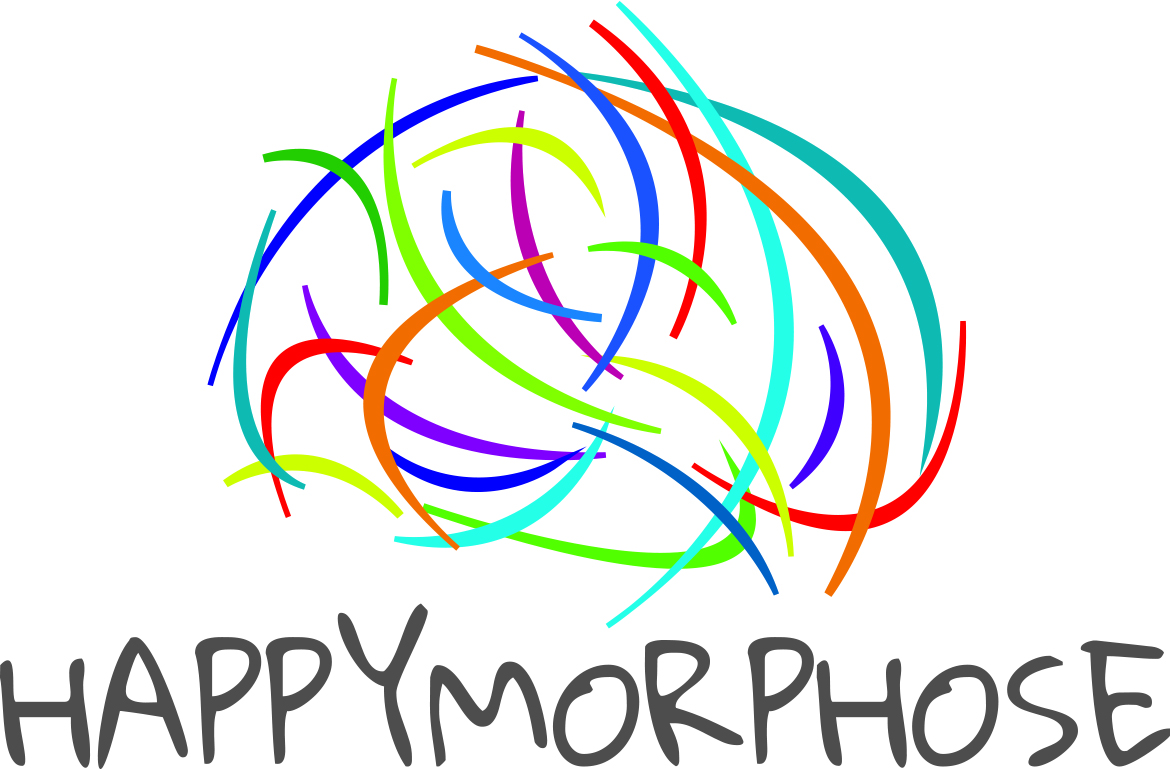Space research in full metamorphosis – Anne Beaufumé
 Article by Anne Beaufumé for the Club des Vigilants
Article by Anne Beaufumé for the Club des Vigilants
Jacques Blamont, astrophysicist, member of the Academy of Sciences, who has always been an actor in space innovation, proposes to set up what he calls a “Wikinomic Space Federation”
Society tends to organize itself like a brain – Usbek and Rica
Article by Vincent Lucchese of January 17, 2017
More than a third industrial revolution or an ecological crisis, the time we are living is perhaps that of a metamorphosis of humanity itself. At the crossroads of neuroscience, sociology and anthropology, Alain de Vulpian tells us that we could be on the cusp of a new level of collective consciousness.
The U.S. Election and the Dynamic Spiral – Marie-Eve Marchand
Socioperception – Irene Dupoux-Couturier
DO SOCIETE IN CITY – Tristan Benhaïm – Alain Maugard

In the words of Tristan Benhaïm and Alain Maugard, a new stage of democracy emerges, made up of more personal involvement, control of an economy that has become closer and a shared project for a common future.
Their approach is resolutely optimistic, after an uncompromising diagnosis of the current situation.
It is urbanity that they speak to us, giving a new youth to Henri Lefebvre’s words on its components: centrality, diversity, connectivity.
These three parameters are more than ever at the rendezvous to make the city, with other values born of the current revolutions such as dialogue with nature, the fertility of otherness, the virtue of the economy of use a place creating civilization, progress through innovation and invention of new forms of well-being.
CHANGE ACTOR – Beatrice Quasnik
Keys to relational grammar
I have read your text and I agree with all your words and your conception. You are persistently and strategicly introducing humanistic ideas and feelings into the company that needs them, because the processes of dehumanization progress faster than those of humanization. Edgar Morin
This book shows the importance of the role of managers who, through their personal commitment, stimulate in their teams a momentum of vitality by giving meaning to projects while achieving the indispensable economic performance. This book will be useful for managers if it raises awareness of their role and the personal influence they can have far beyond what they imagine. At the team level, it can inspire, trigger initiatives, and create new postures of openness and engagement. This positive contamination can do oil work and win close to the other teams and, why not, the whole organization. Excerpt from Sylvie Dangelser's preface, L'Oréal Corporate Director – Learning for development

EMERGENT SOLIDARITIES – INSTITUTIONS IN GERME – Olivier Frérot

Our public institutions, stemming from Modernity, are essentially based on faith in science and reason, which have been irrigating our philosophies for four centuries and whose basis is the principle of non-contradiction that comes to us from the Greeks.
This belief is greatly weakened at the beginning of the 21st century, due to the failure of the ideals linked to Progress, environmental disasters, as well as, more profoundly but, less well known, the gradual discovery of the radical incompleteness of mathematics, therefore of all science and therefore of all modeling.
However, our current public institutions have become inefficient and unreformable.
Every day, life invents new things in our society and new solidarity is forged.
This book shows what is emerging at the heart of society, outside of institutions, emergences based on discretion, fragility, simplicity, openness, solidarity, but also welcoming the structural and structuring uncertainty of our daily lives.
Affirming the end of the so-called Modern period and its shift towards a more open world, this text argues for a philosophy that detaches the science of technoscience and puts science and reason at a second place in relation to life and existence, where paradoxes reign and rational discourse gives way to sensitivity. , art and poetry.
METAMORPHOSIS OF OUR PUBLIC INSTITUTIONS – Olivier Frérot

Our public institutions have been built on the philosophical foundations of science and reason. At the beginning of the 21st century, they are cracking under the collapse of the belief in Progress, environmental disasters, as well as the gradual discovery of the radical incompleteness of mathematics, thus of all science and therefore of all modeling.
The problem is structurally insurmountable, our public institutions are running out of steam irretrievably.
The thesis defended in this book is to affirm that the belief in the operational power of science and non-contradictory reason, once effective, is now exhausted. Are our public institutions reformable? The answer here is no, because their sap is dried up.
But new germinations, capable of welcoming the structural and structuring uncertainty of everyday life, appear at the heart of our society, and herald its shift towards a more open world, allowing us to regain confidence in the future. Their emergence is based on otherness which becomes the new name of brotherhood, where the desire for the risk of uncontrollable encounter flourishes.
Here, the author questions the foundations of our public institutions at the crossroads of several disciplines, science, technology, philosophy and economics. Beyond his expertise as an engineer nourished by philosophy, he adopts the bias of the citizen, who denounces the excesses of the supremacy of technoscience threatening our democracies, and welcomes changes on the margins of our society as signs that a new era is opening up for us.
PENSER A DEER AND LIVE – Olivier Frérot

Life invents new things every day in our society where new solidarity is forged. The values that underlie them are no longer, as in the old days of Modernity, based on belief in the mastery and power of technology and science, but on otherness, that is, on the fluid and unpredictable relationships that connect humans to each other and, at the level of our planet, humans, the living and things. , opening the ecological moment in which we entered.
New institutions emerge from this common that appears, at low noise, in the horizontality of society. They are based on non-power and non-permanence, and they are plastic and in continuous transformation. To think about them, we need to revisit our philosophies.
In this book, the author turns to philosophies for which reason becomes second in relation to life and existence, where paradoxes prevail and where rational and scientific discourse gives way to sensitivity, art and poetry. These philosophies of freedom, of the coming and the impossible, are rooted in the thoughts of existence and the unspeakable, at the crossroads of immanence and transcendence, marginalized in favour of purely rational philosophies dominant in the 19th and 20th centuries. Today, they find a space of unexpected deployment, which activates the encounter, on a scale of the planet, between the wisdoms and spirituality of different civilizations. Irrigating a new anthropology, they open new and exciting paths for thought and action through the uncertainty and incompleteness of our world.



